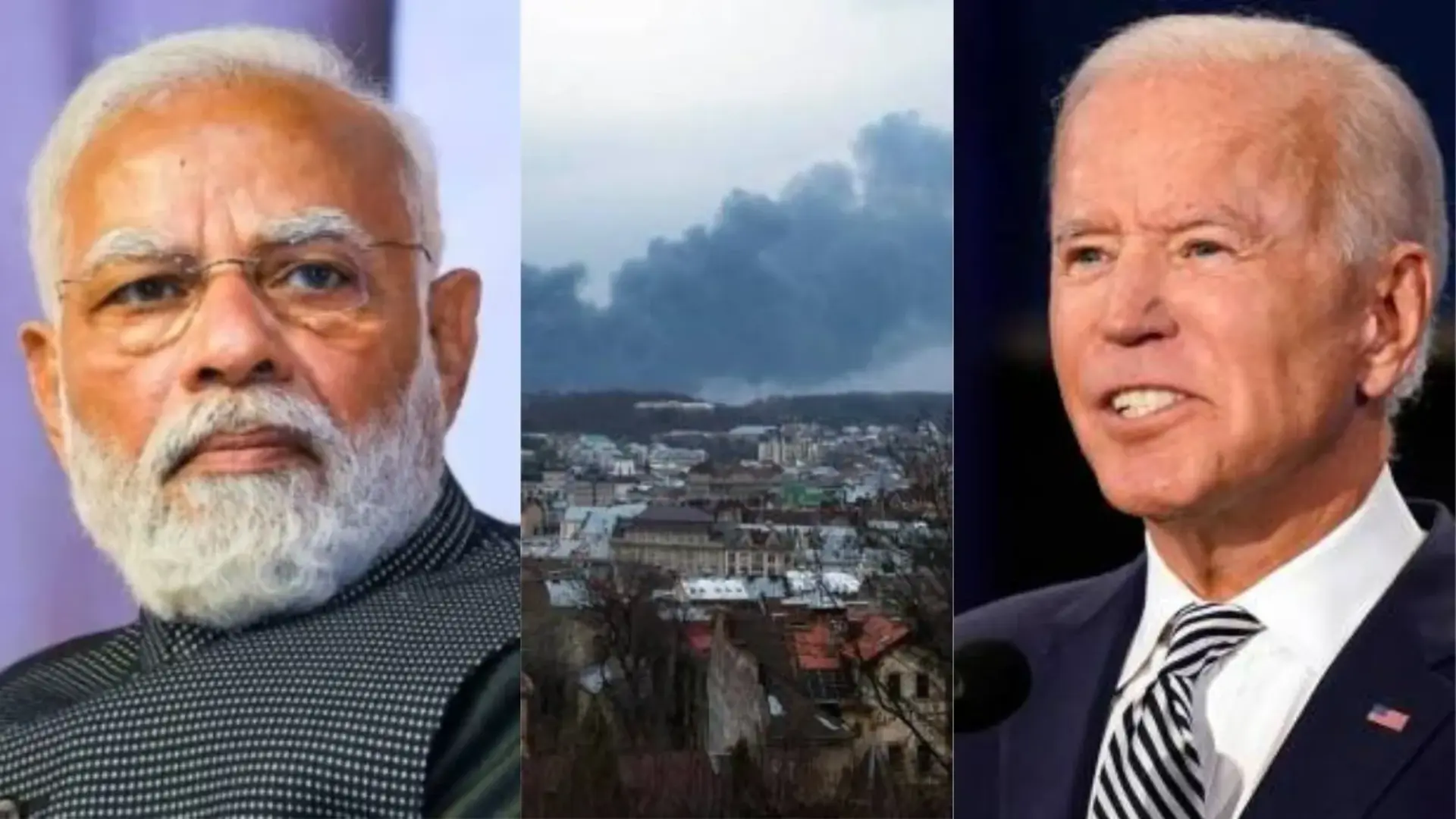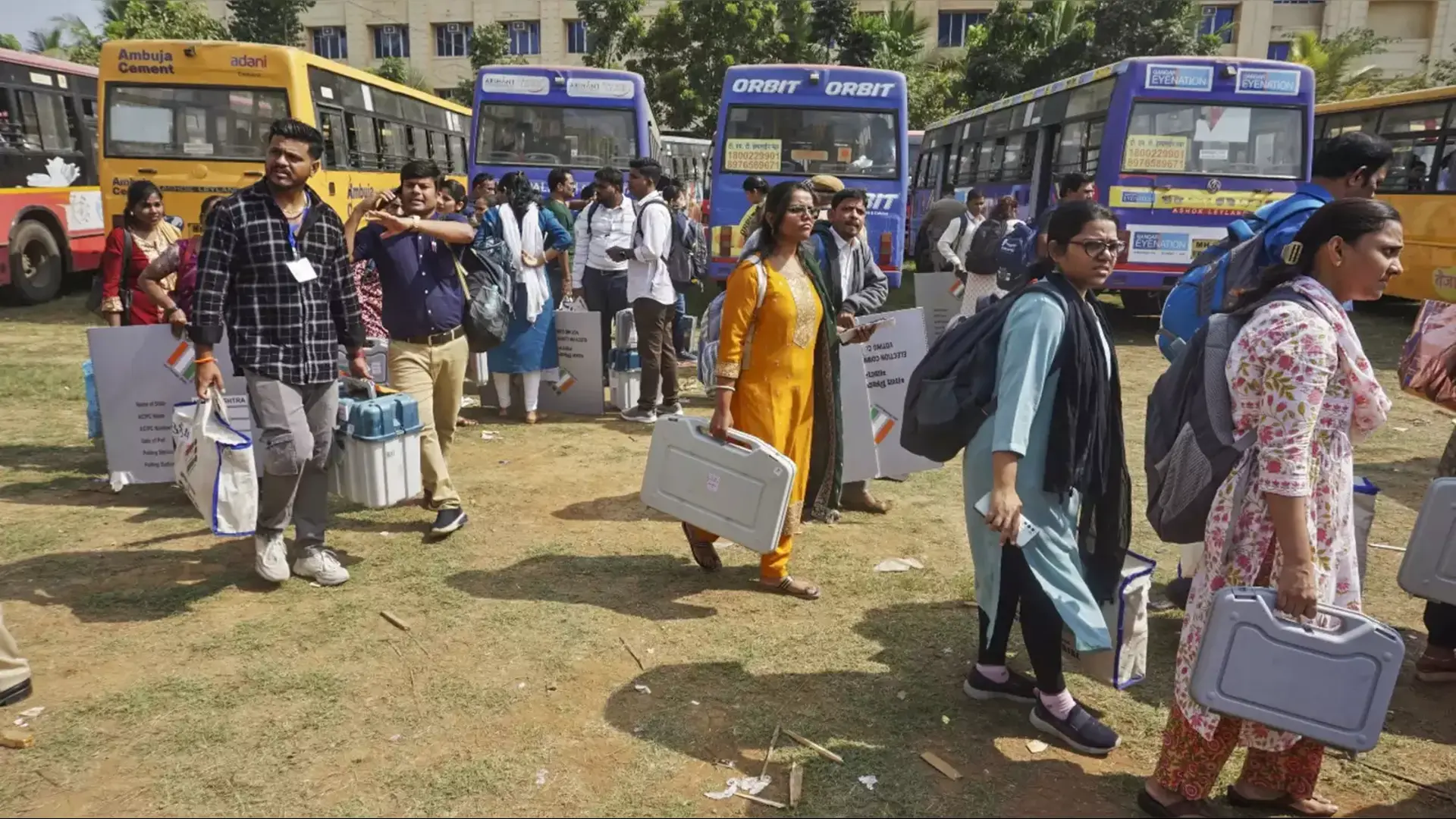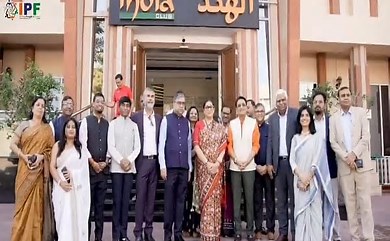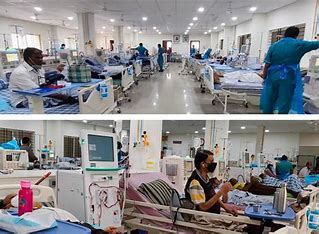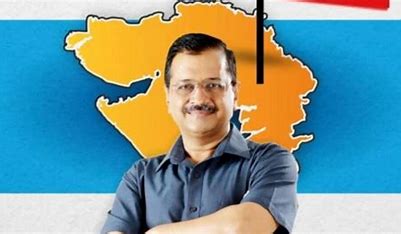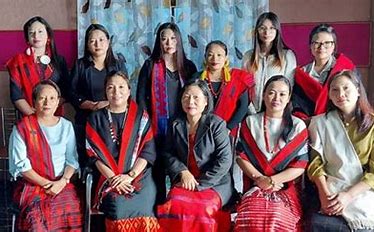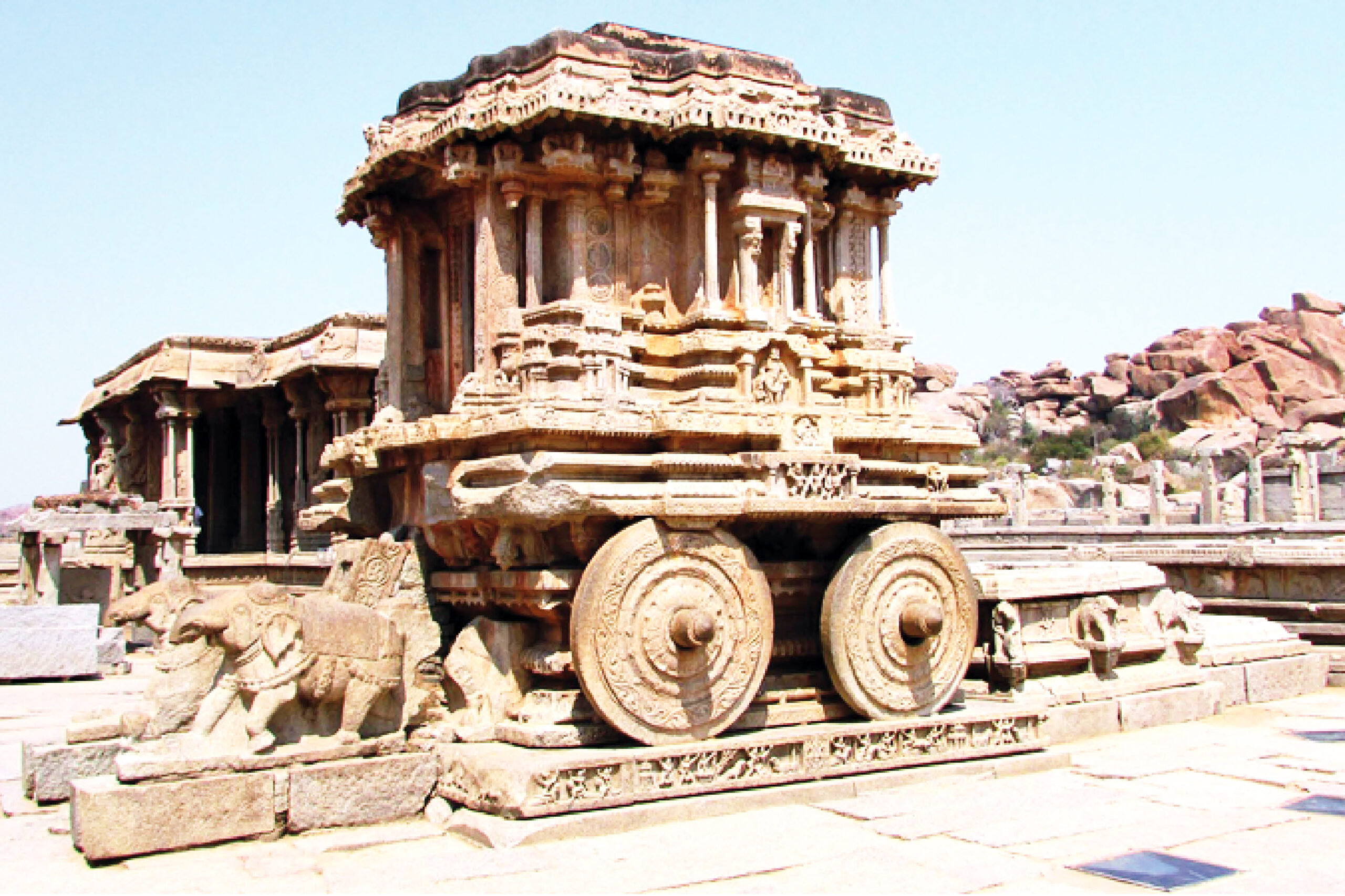
NEW DELHI: The Supreme Court on Thursday said that a protest is constitutional till it does not destroy property or endanger life. “The Centre and farmers have to talk; we are thinking of an impartial and independent committee before whom both parties can give its side of story to resolve impasse on farm laws,” the court added.
The top court also suggested the government not to take any action to implement the law till the court takes a final decision on the issue. Attorney General K.K. Venugopal, who was representing the government, said he will get back to the court on the issue after discussion.
The top court in its order said: “We clarify that this court will not interfere with the protest in question. Indeed, the right to protest is part of a fundamental right and can, as a matter of fact, be exercised subject to public order.”
There can certainly be no impediment in the exercise of such rights as long as it is non-violent and does not result in damage to the life and properties of other citizens and is in accordance with law, the court added.
The apex court further said: “We are of the view at this stage that the farmers’ protest should be allowed to continue without impediment and without any breach of peace either by the protesters or the police.”
In order to bring about an effective solution to the present stalemate between the protesters and the Government of India, we consider it appropriate in the interests of justice to constitute a committee comprising of independent and impartial persons including experts in the field of agriculture for the purpose. This may not be possible without hearing all the necessary parties. Till the parties come before us, it would be advisable to obtain suggestions about the Constitution of the said committee from all the parties which may be submitted by them on the date of next hearing in the matter, the court added.
The Supreme Court bench headed by CJI S.A. Bobde was hearing a batch of PILs seeking removal of farmers protesting at Delhi borders against the farm laws.
Appearing for petitioner Senior Advocate Harish Salve said that everybody living in city is affected directly or indirectly. Due to the curtailment of movements of goods, there is price rise. Delhi has a population of 2 million plus which cannot sustain itself. All fruits, vegetables come from across the borders.
“There is a fundamental right to protest. But that has to be balanced with other fundamental rights. Price rise will lead to irreparable loss. My fundamental right to speech does not extend to interfering with other’s fundamental rights. It is about the contours of the fundamental rights,” Salve added
Salve further said: “No right is absolute. From right to protest to right to movement. The content of right to free speech, it includes the right to no, but it cannot extend to right to privacy. Right to protest does not extend to deny others to exercise their rights.”
“It is high time that a declaration comes from this court regarding the contours of the right to protest. It is high time that a declaration comes from this court regarding the contours of right to protest. Today in Covid times if you are increasing the risk of putting my life in danger, you cannot extend this right in doing so. Unions who are organising large crowds should be held responsible for the acts of crowds,” Salve added.
Salve argued that blockade sees increase in prices. Fruits, vegetables, milk, all coming from on across the border. Not rocket science that if movement of vehicles is stopped, prices will go up.
CJI observed: “Nobody can have a quarrel with your arguments. We recognise that the farmers have a right to protest. But we are on the mode of protesting. We will ask the Union what can be done to alter the nature of protesting which will ensure that rights of others are not affected.”
The CJI said that purpose of protest can be achieved only if people talk to each other. “If the protest has a purpose other than the protest, we wish to facilitate that. The police can also not use violent means.”
“For that, we are proposing an independent impartial committee before whom both the parties can state their case while the protest goes on and that the committee will give its opinion, which we expect the parties to follow,” the CJI added.
Appearing for the Centre, Attorney General K.K. Venugopal said that their demand is to repeal the three laws. For that they have to come to the table and discuss the laws clause by clause. They must be directed to come for discussion. It cannot be like “repeal or nothing”.
“The damage caused by 22 days of blockade is enormous. People are not able to go for jobs. Ambulances are not permitted to move. Also, there is risk of coronovirus. When protesters go back to their villages, they will spread coronavirus like wildfire,” the A-G added.
Appearing for the Punjab government, senior advocate P. Chidambaram argued that the state has no objection to court’s suggestion that a group of people can facilitate a dialogue between farmers and the Central government.
“But I have serious reservations with what Mr Salve articulated on what can be done in a democracy. I hope your lordships will not go into those issues. When massive number of people think that a law is unjust, there will be massive protests. Remember what happened in US against the Vietnam war, in Paris,” he added.
“Farmers have not blocked the roads. Farmers wanted to march to Delhi. Who has stopped them and blocked them? The police have blocked them. We see photos of barricades, containers,” Chidambaram said.
The CJI said that it is not for the court to predict if the mob will turn violent. It depends on intelligence reports based on which the police act. Whether the mob should be allowed to enter must be left to the authorities to decide and not for the court to decide.
Lawyer for Bharathiya Kisan Union (Bhanu) advocate A.P. Singh said: “We are living in a ‘krishi pradhan’ country and not ‘multinational pradhan’ country. During lockdown, only farmers stopped the starvation of the country and not multinationals.”
The CJI observed: “You have a right to protest which we are not going to interfere with. You carry on the protest. The purpose of protest must be served to talking to someone. You cannot sit in protest for years.”
“It is not possible for court to determine the number of people who will gather in Ram Leela Maidan. We cannot ask others to determine it too. We leave it for the police, not the government or the political parties but with police,” CJI added.
The CJI asked the Attorney General if the Union government can give a commitment that the laws will not be implemented while the court is hearing the matter. The AG expressed difficulty and said he would talk to the government.
